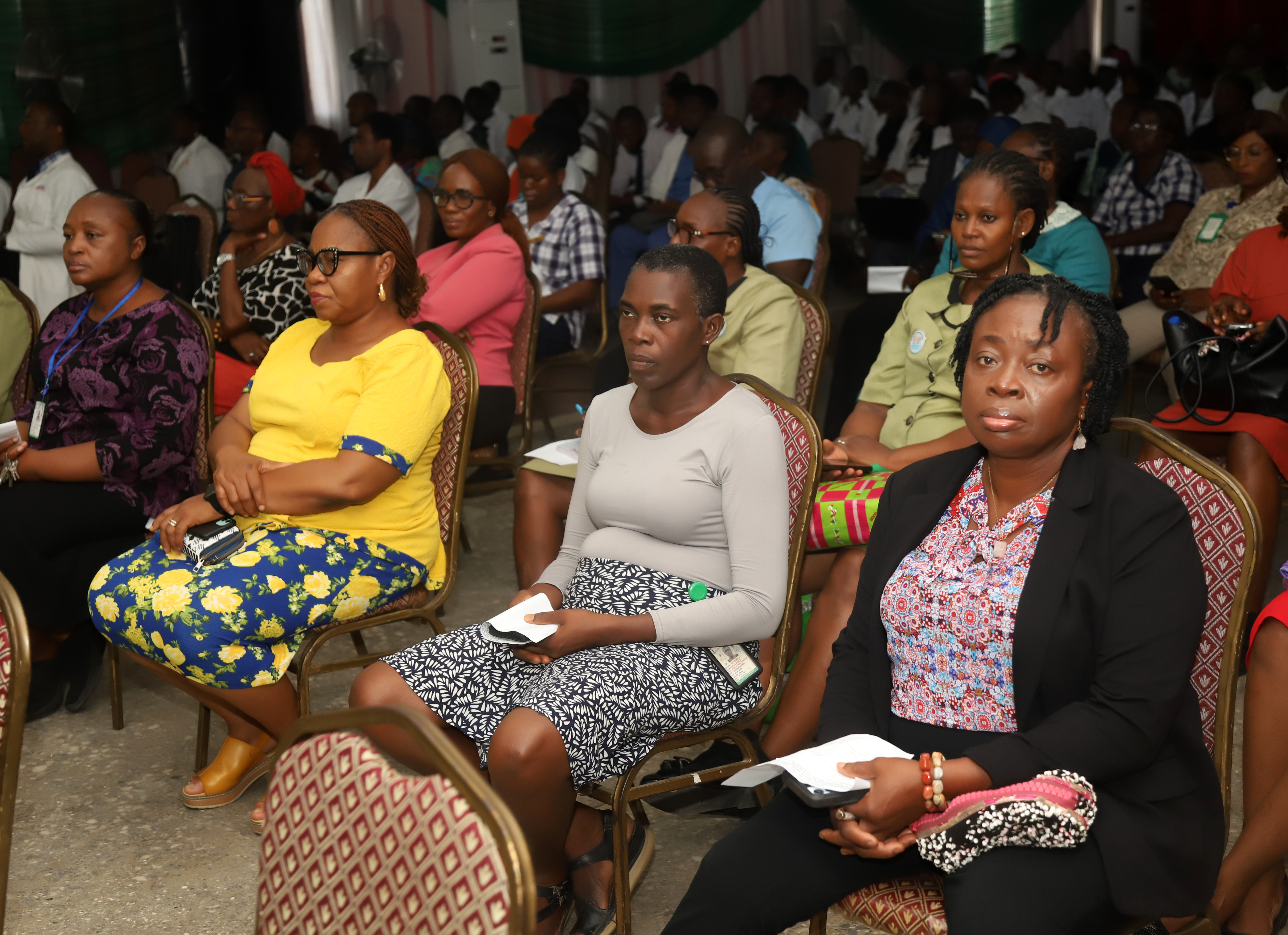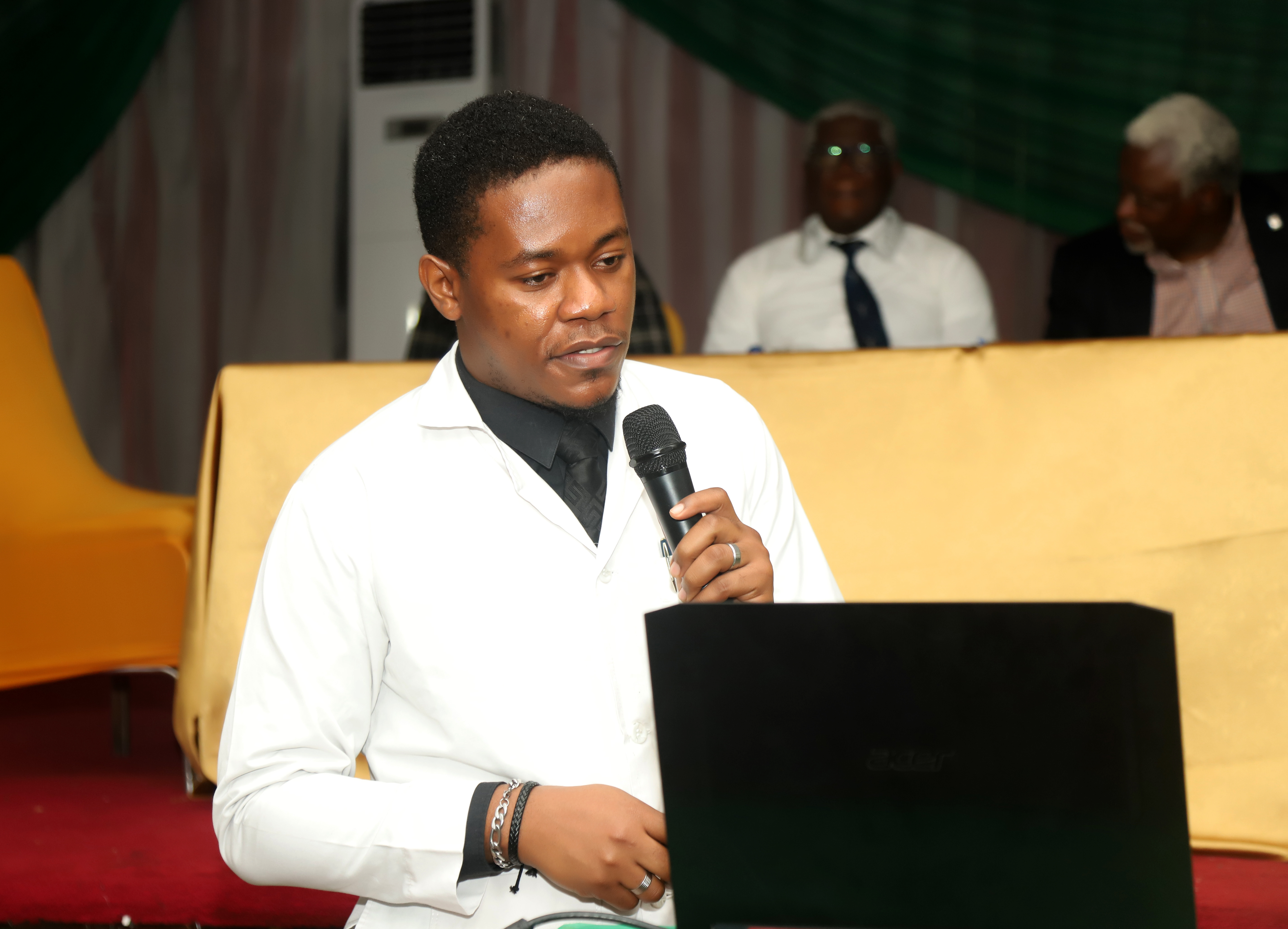
LUTH Holds Hospital Grand Round on the Adverse Effects of Traditional Bone Setting Practices
The Department of Orthopaedic and Traumatology, Lagos University Teaching Hospital (LUTH), held its Hospital Grand Round on Wednesday, 24th September 2025, at Hall 36, with the theme: “When Tradition Hurts: The Adverse Effects of Traditional Bone Setting Practices.”
The event featured insightful presentations from experts, each addressing different dimensions of the subject.
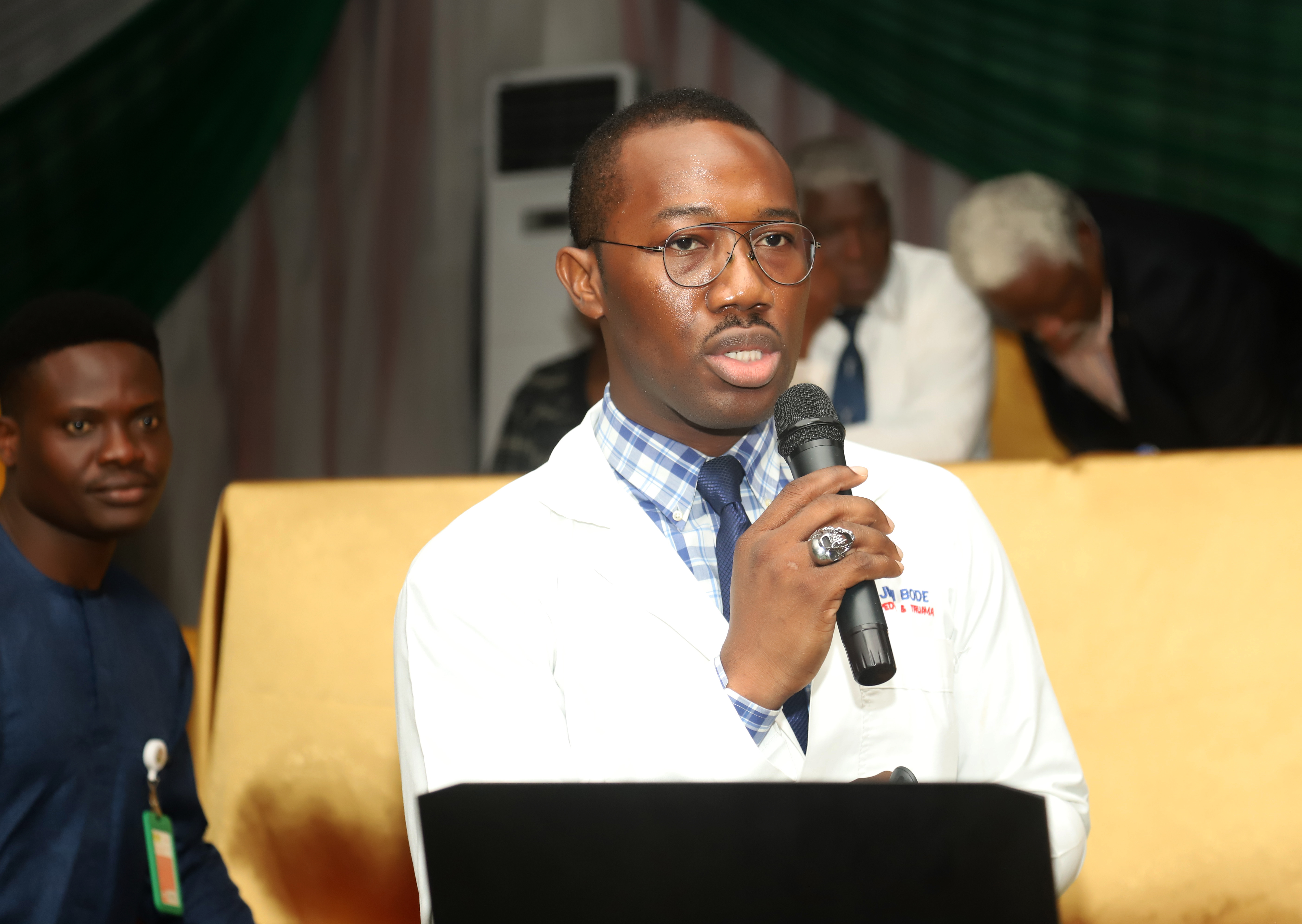
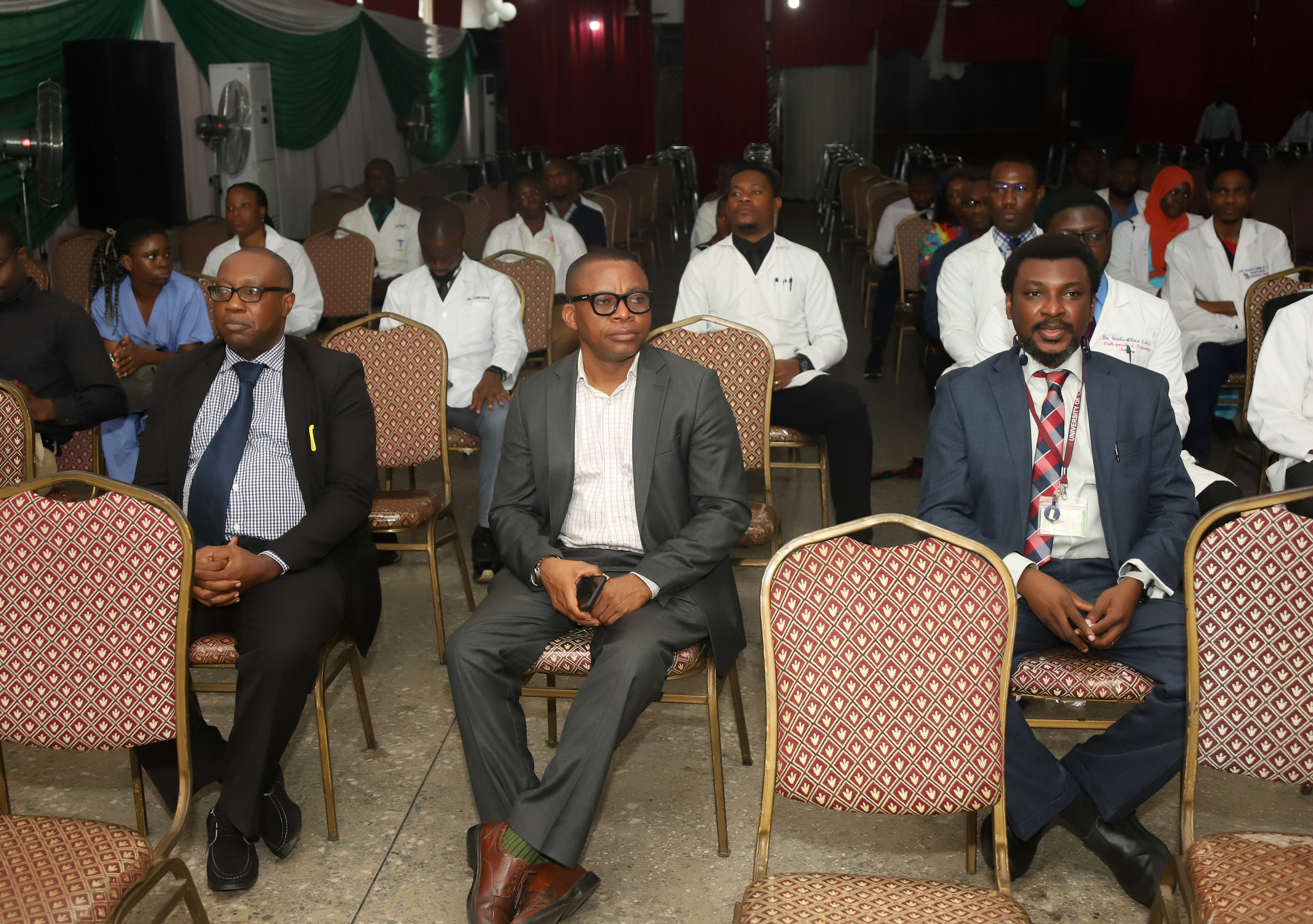
Dr. Obinna Udechukwu gave an Introduction and Background, explaining why traditional bone setting remains common in many communities. He described how Traditional Bone Setters (TBS), though trusted for cultural and financial reasons, often use harmful methods such as tight splints, herbal applications, and crude manipulations. He highlighted common complications, including malunion, chronic infection, sepsis, and gangrene, and showed striking images of patients who had undergone amputations after failed traditional treatment. His session underscored the severity of the problem and the urgent need for community sensitization.
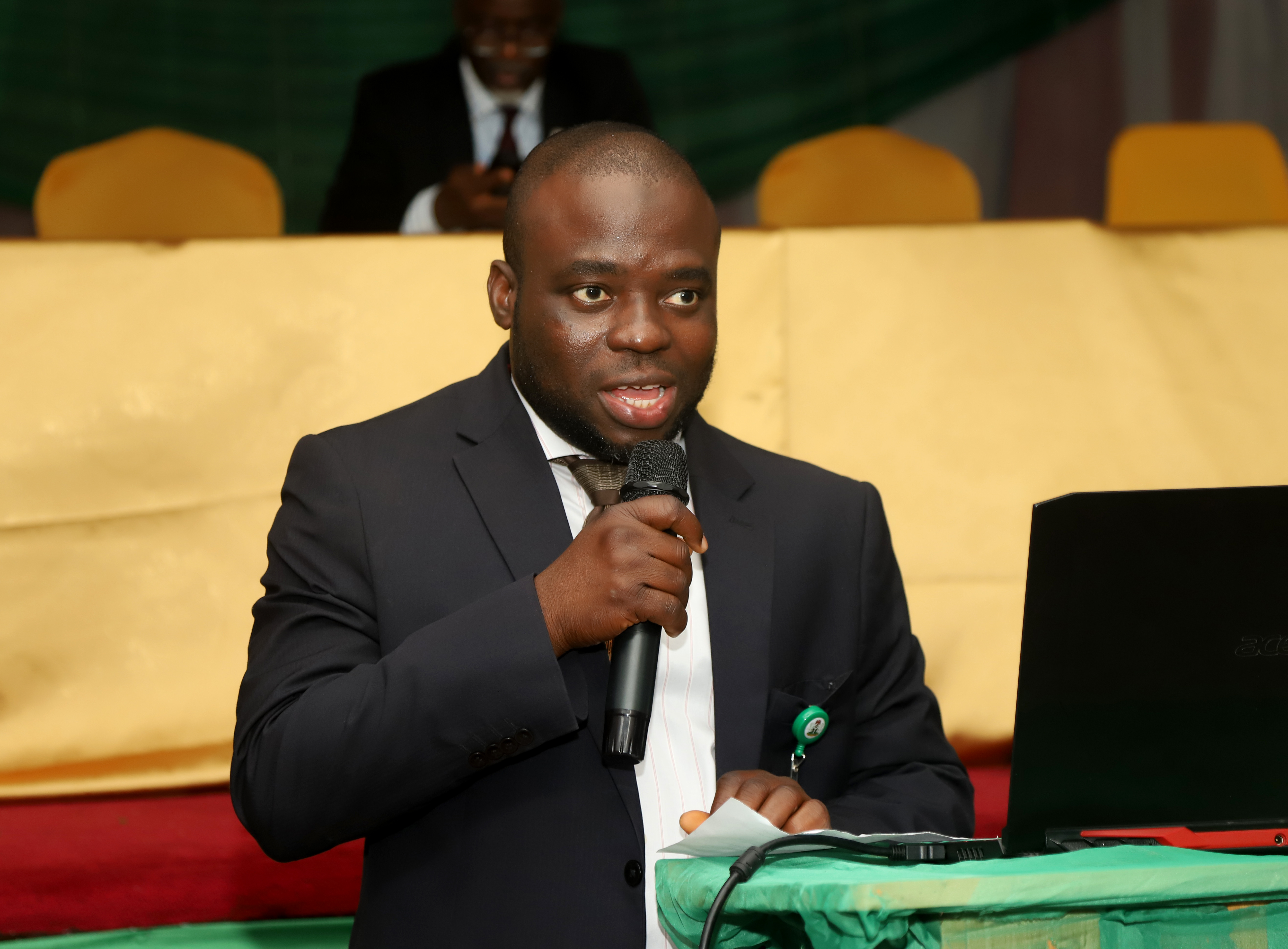
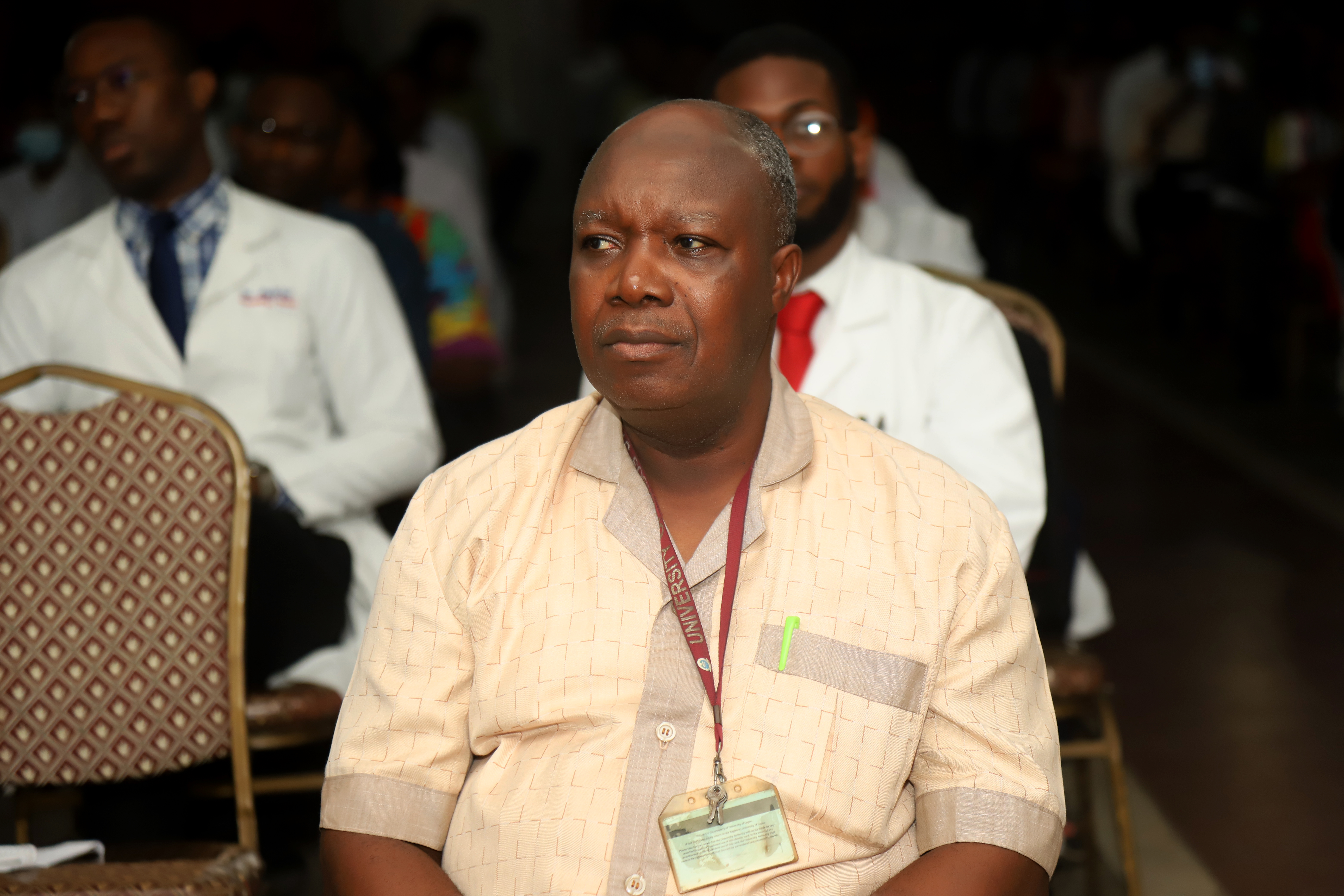
Dr. Utibe Abasi Edem addressed Complications Arising from Bone Treatment Methods, detailing the medical consequences of traditional bone practices. He explained conditions such as nerve and muscle damage, deformities, degenerative joint disease, shortened limbs, and prolonged hospital admissions. He stressed that beyond the physical harm, patients also suffer loss of productivity and an inability to contribute to their families and communities, leaving them in both financial and emotional distress.
Dr. Jimi Bode spoke on the Treatment and Impact of Complications, emphasizing how the orthopaedic team often faces life-saving decisions when managing patients from TBS backgrounds. He explained that multidisciplinary care—including input from orthopaedic surgeons, physiotherapists, dieticians, nurses, psychologists, and plastic surgeons—is crucial for restoring patients’ health. His session highlighted the heavy emotional and financial toll on patients, families, and the healthcare system.
Dr. Olasode Israel Akinmokun, Consultant Orthopaedic and Traumatology Surgeon, delivered the Overview, offering a broad reflection on the wider consequences of traditional bone setting. He highlighted four key areas: Delayed Hospital Presentation – Many patients seek hospital care only after traditional methods have failed, complicating treatment.
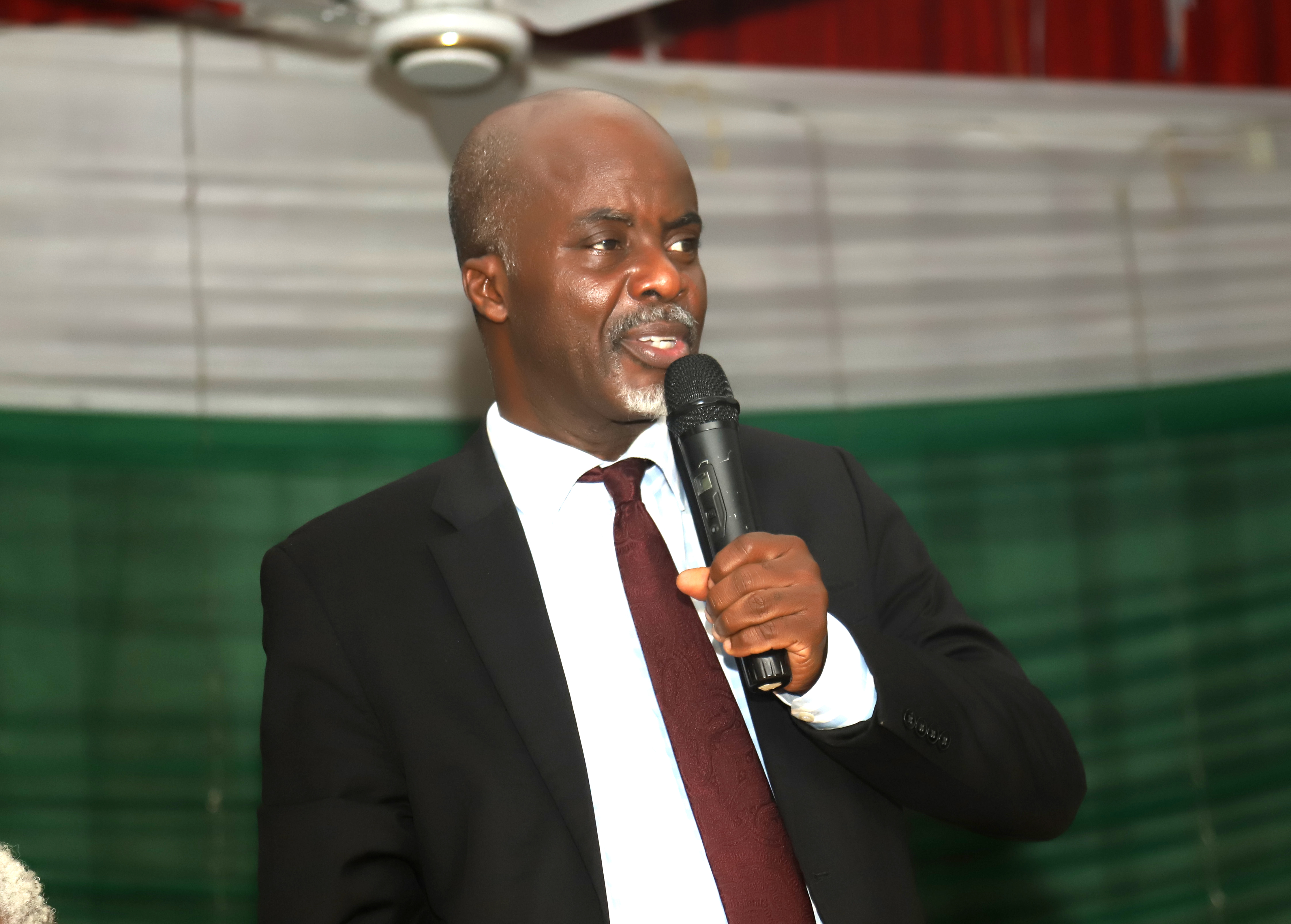
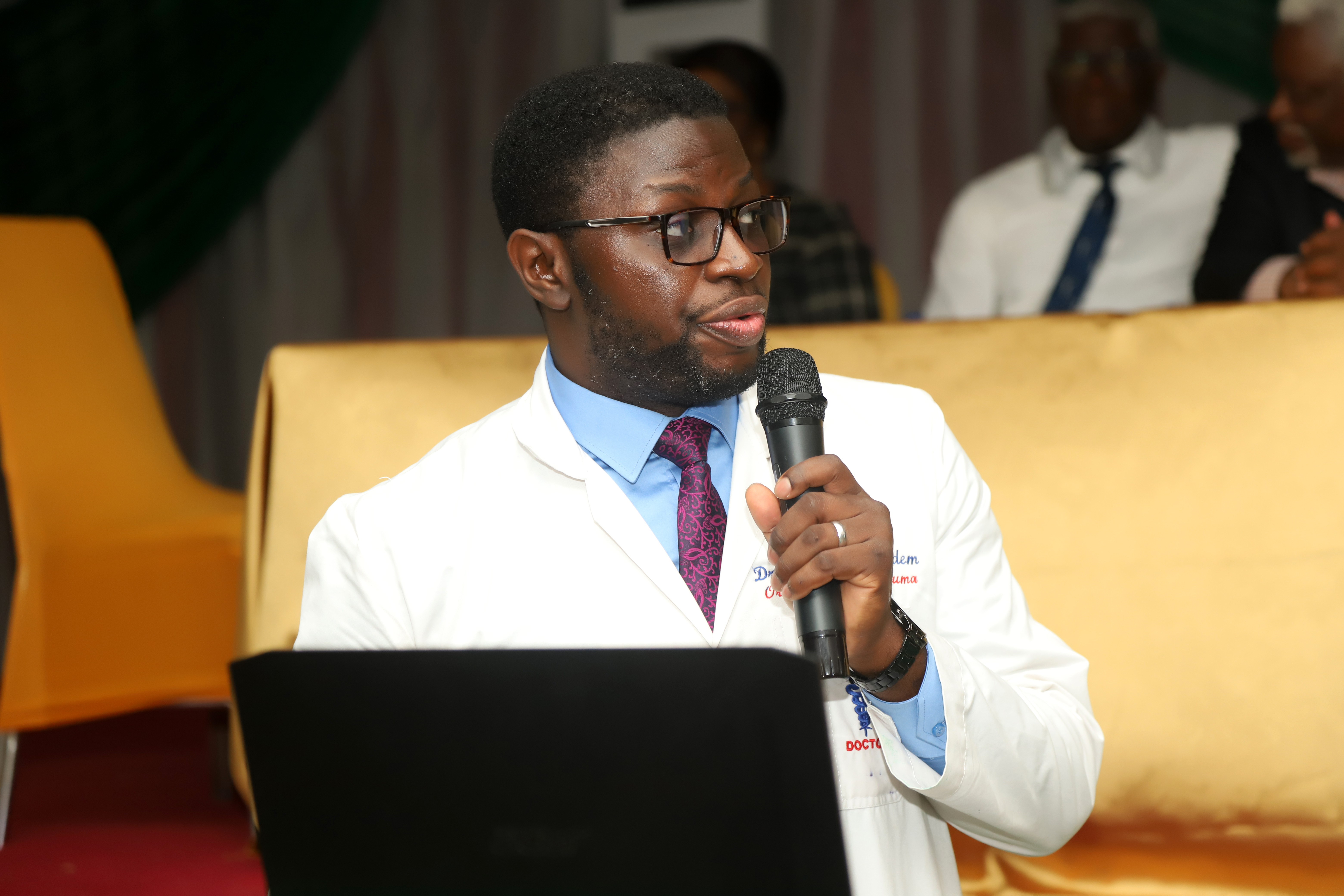
Psychological Impact, Chronic pain, disability, and disfigurement affect mental health and quality of life. Increased Healthcare Costs , Advanced complications often require multiple surgeries, prolonged rehabilitation, and costly follow-up.
Loss of Productivity – Particularly in rural communities, patients who become disabled lose their livelihoods, affecting families and local economies.
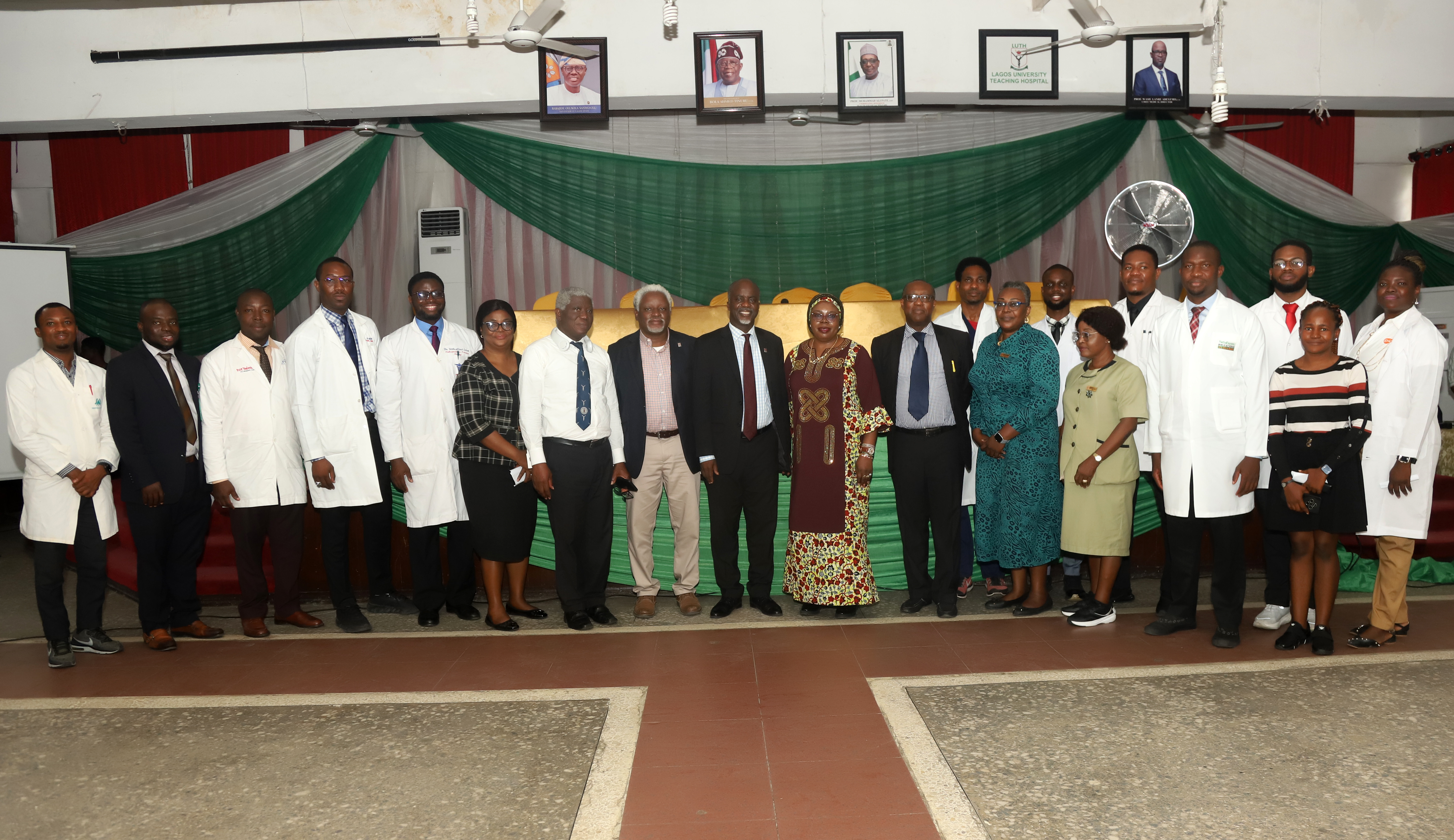
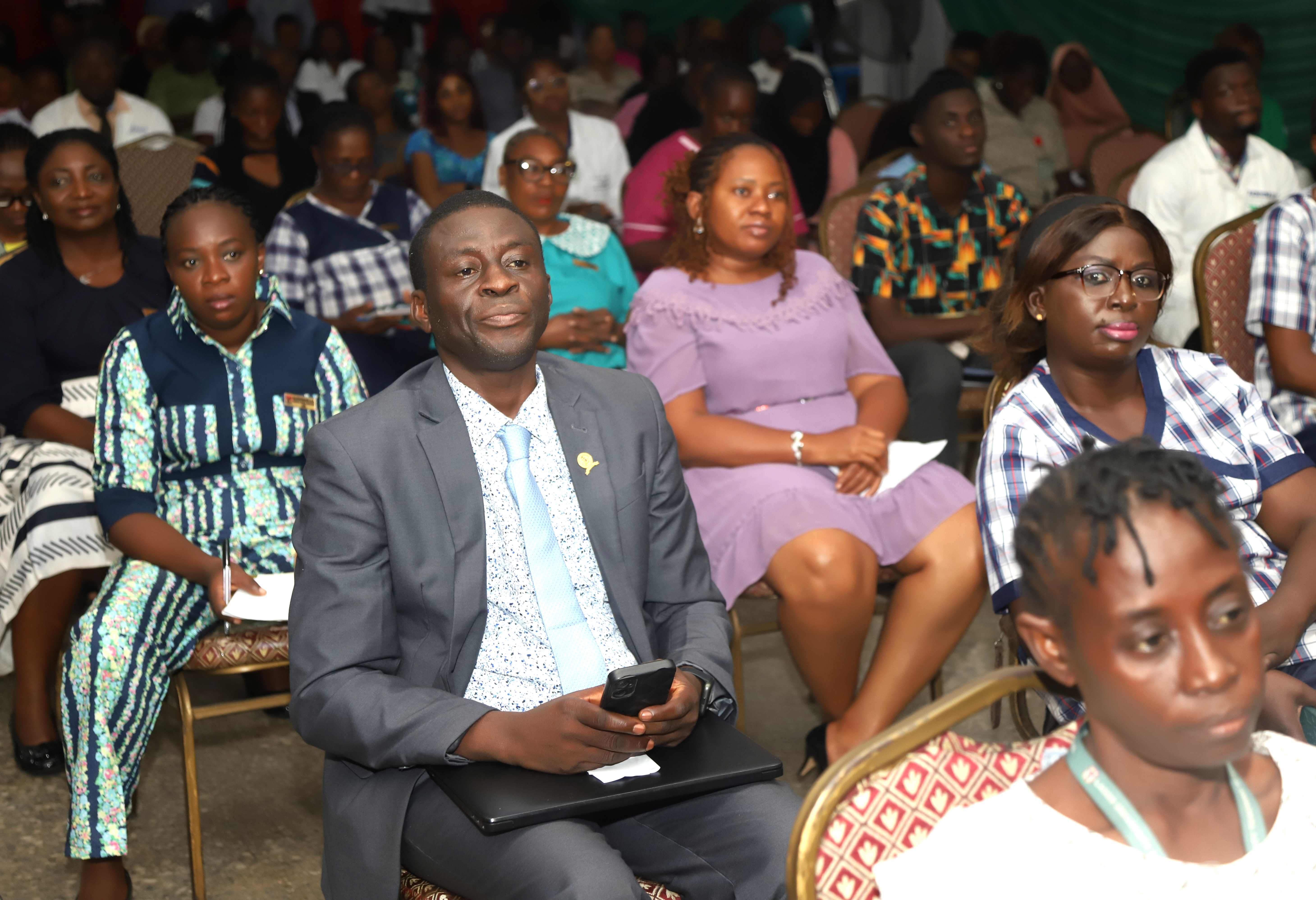
In his conclusion, Dr. Akinmokun stressed that the aim was not to demonize traditional bone setters but to advocate for safer, evidence-based practices. He called for stronger regulations, improved training, government willpower, and sustained health education, while urging hospitals to be made more accessible and user-friendly to encourage early hospital visits.
The CMAC, Prof. Ayodeji Oluwole, gave the Vote of Thanks on behalf of the Chief Medical Director (CMD). He appreciated the speakers for their insightful presentations, thanked the audience for their participation, and commended the Department of Orthopaedic and Traumatology for organizing such an impactful session that will contribute to better patient care and medical education in LUTH.
